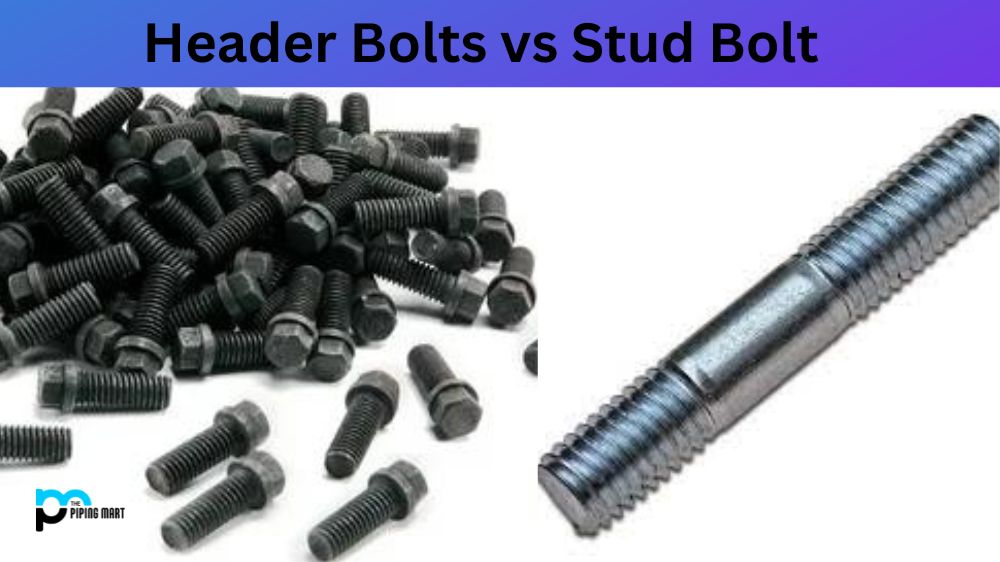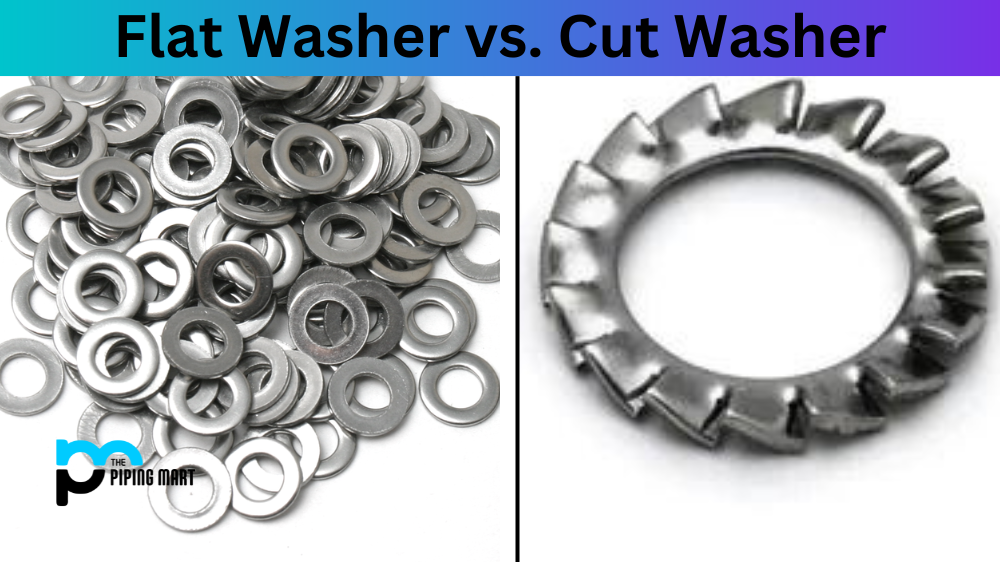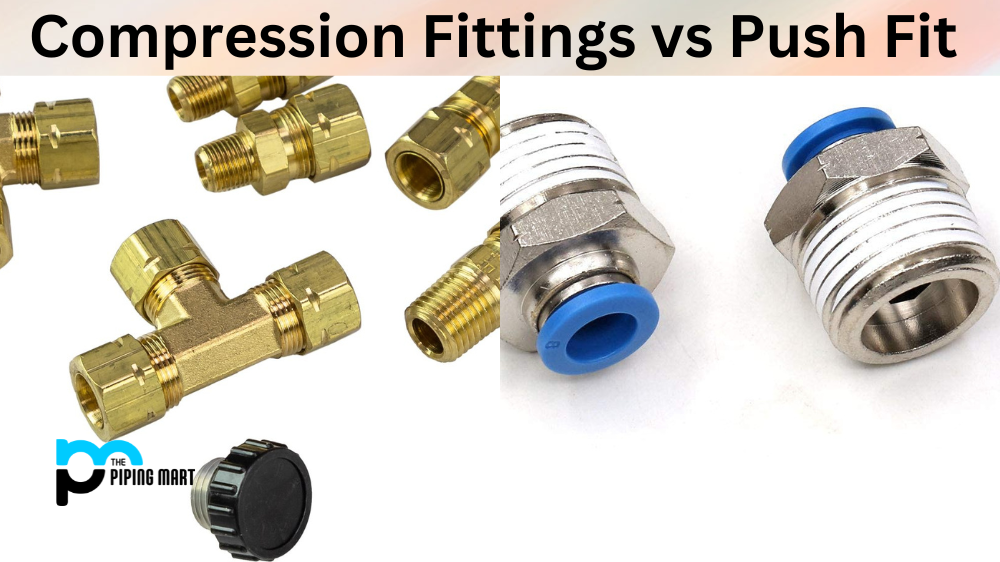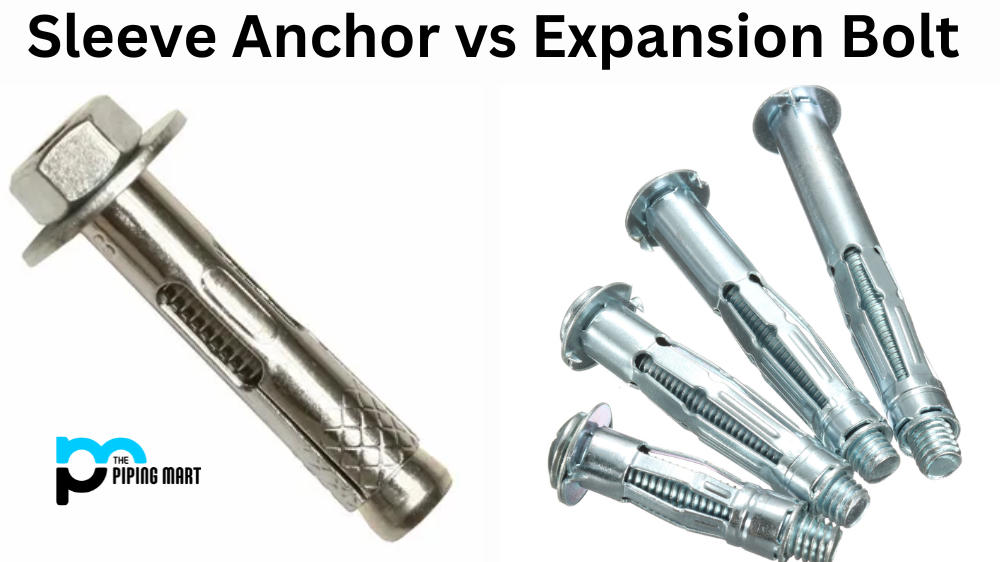If you’re a car enthusiast or a mechanic, you know that headers or exhaust manifolds are vital components of any automobile’s exhaust system. Headers help to increase horsepower, reduce backpressure in the engine, and improve performance. However, you have two options when installing the headers: header bolts or studs. But what’s the difference between them? In this blog, we will explore the difference between header bolts and studs to help you make an informed decision.
What is Header Bolt?
A header bolt is a fastener used to secure two components together. Usually, they’re found in the automotive industry, connecting automotive exhaust manifolds to an engine’s cylinder head. These bolts are designed to withstand high temperatures with durable materials like stainless or heat-treated steel. They are typically made with hex heads for easy installation and removal. Header bolts are also commonly used to attach other parts across many industries, including construction and manufacturing.
What is Studs?
Studs is an innovative system of mechanical components specially designed for quick, easy assembly and disassembly of furniture. It consists of small metal cylinders with inbuilt threading inserted into holes pre-drilled into the surface and then secured with fasteners or locking levers. The threaded studs make it easier to build furniture without requiring additional tools such as drills or screwdrivers. They reduce assembly time and offer a secure way to join materials in furniture design projects. The popularity of Studs has grown significantly due to its versatility, durability, and convenience when building furniture from scratch.
Difference Between Header Bolt and Studs
Ease of Installation:
Header bolts are often preferred over studs when it comes to ease of installation. Installing header bolts is relatively straightforward and can be done with the help of just a few tools. On the other hand, studs require more precision and skill in their installation process. It would be best if you threaded the studs into the head correctly, and it’s typically recommended to use Loctite or another thread locker.
Strength:
While header bolts and studs are designed to secure the headers to the engine’s cylinder head, studs are generally stronger than bolts. Studs provide a more robust connection between the header and the engine’s head, reducing the risk of the header coming loose or leaking. On the other hand, header bolts are weaker than studs and may be more prone to loosening over time.
Heat Resistance:
Headers generate a significant amount of heat, so it’s crucial to use fasteners that can withstand high temperatures. Header bolts are usually made of stainless steel, while studs are typically made of a heat-treated steel alloy. Studs are better for high-performance engines, as they can better tolerate the temperature extremes associated with high-performance driving.
Flexibility:
Regarding header installation, flexibility is an essential factor to consider. Header bolts allow more flexibility during installation, making it easier to adjust the headers for a perfect fit. On the other hand, studs are less flexible, and you can’t adjust the headers once studs are installed. So, if you want more flexibility during installation, header bolts are your best bet.
Cost:
Cost is another factor to consider when choosing between header bolts and studs. Generally, header bolts are cheaper and easier on your wallet than studs. However, studs provide superior strength and durability, saving you money in the long run. If you plan on keeping your car for a long time and putting it through its paces, it might be worth investing in studs for a more secure connection.
Conclusion:
In conclusion, choosing between header bolts and studs can be tough. It ultimately depends on your vehicle and driving style. If you’re a casual driver looking for an easy installation process and are primarily concerned with cost, header bolts are the way to go. However, if you’re a high-performance driver or have a high-performance engine, studs are a better choice, as they are stronger, more heat-resistant, and provide a more robust connection between the headers and cylinder heads. Whatever you choose, use quality fasteners designed for the high-temperature conditions associated with headers.
Rachana is a dedicated and ambitious young woman who has made a name for herself in the metal industry. From her earliest days in the industry, Rachana showed a natural talent for problem-solving and a keen eye for detail. In her free time, She enjoys reading up on the latest advancements in the industry, as well as exploring new ways to innovate and improve upon existing processes.




